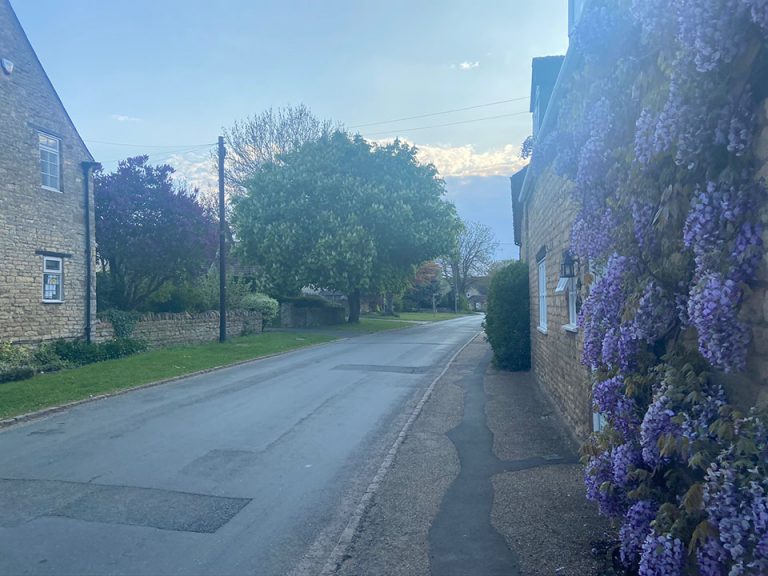
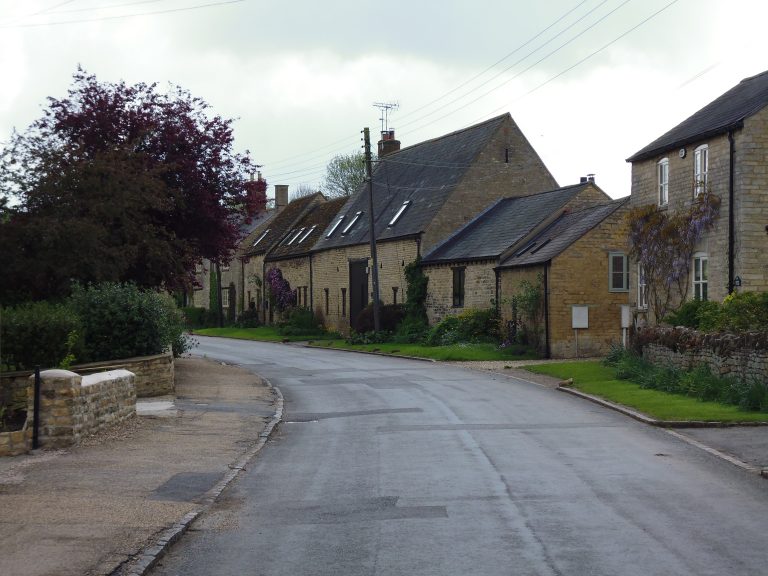
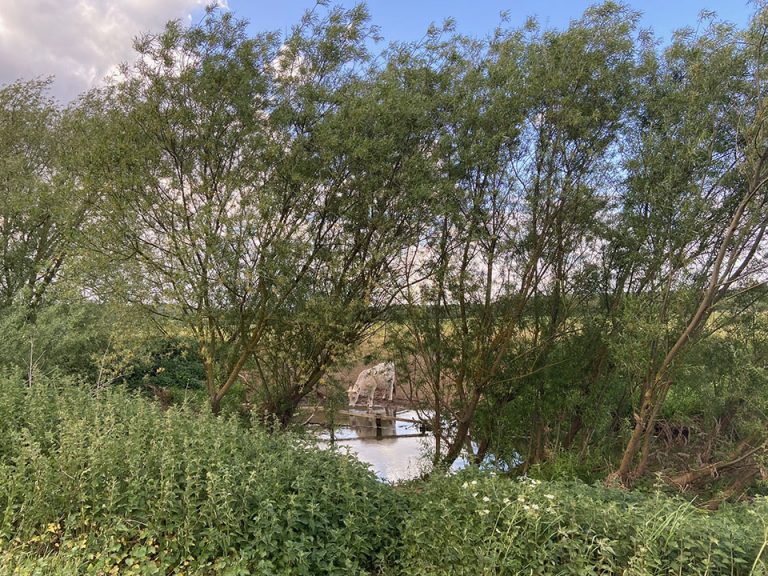
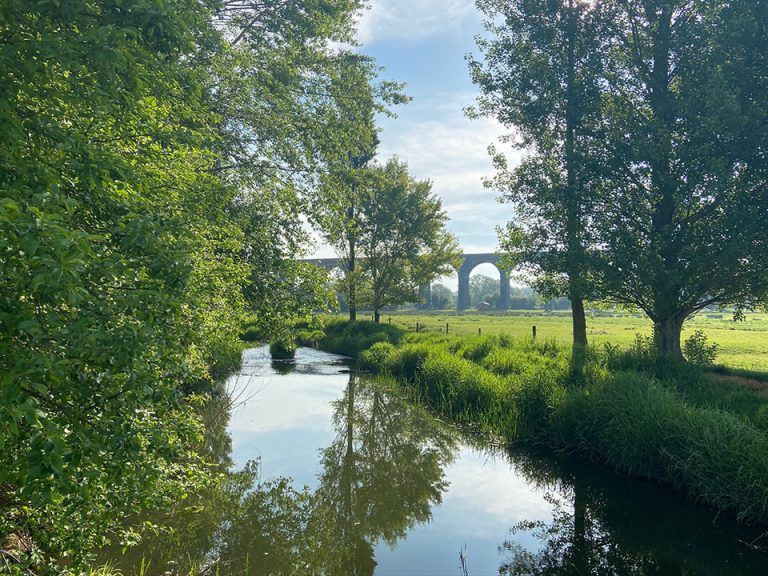
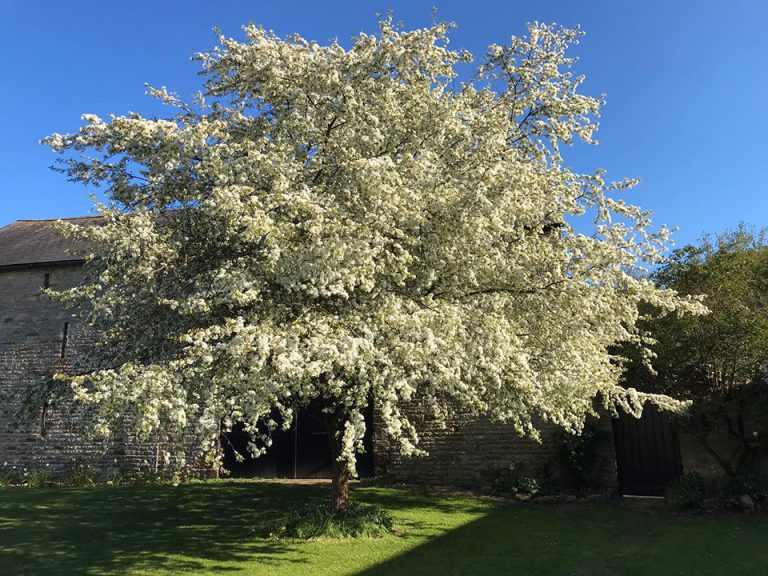
THE PARISH COUNCIL
The Parish Council of Harringworth is the first tier of local government. It is an elected body and is responsible for the civil parish.
There are some 8,500 councils at parish level in England. As a tier of local government, they are elected bodies, with discretionary powers and rights laid down by Parliament to represent their communities and provide services for them. Policy has centred on the fact that they act as a focus for local opinion and provide a way to get things done in a way that is best suited to their local community.
A council must act within the law. It can only spend, raise or use money if it has a statutory power to do so, otherwise it acts ultra vires (beyond its powers). Parish councils have a wide range of powers under different acts of Parliament. Most of these powers are discretionary, i.e. a council may do something, rather than it must do something.
A parish council has the unfettered right to raise money by precept (a mandatory demand) on the district council. The precept required by a parish council is then collected by the principal council as part of the council tax levied on taxpayers in that parish.
The Harringworth Parish precept for 2020/21 will be £6180, no increase on last year’s precept. The bulk of money is spent on Street Lighting, Grass Cutting and Administrative Costs.
The Current Harringworth Parish Council elected officials are:
- Louise Boon – cllrboon@harringworth.org
- Keith Dove – cllrdove@harringworth.org
- Simon McLean (Deputy Chair) – cllrmclean@harringworth.org
- Shirley Milton – cllrmilton@harringworth.org
- Frank Walsh (Footpaths Officer) – cllrwalsh@harringworth.org
- Michael Wright (Member Responsible for Finance) – cllrwright@harringworth.org
- Andrew White (Chair) – cllrwhite@harringworth.org
- Joey Dove (Clerk) – clerk@harringworth.org
List of Parish Council powers (this is not an exhaustive list)
Burial grounds & cemeteries – power to:
- acquire and maintain;
- contribute towards expenses of cemeteries.
Bye laws – power to make bye laws in regard to open spaces and burial grounds.
Crime prevention – power to:
- install and maintain equipment for the prevention of crime;
- contribute to police services.
Highways – power to:
- maintain footpaths and bridleways;
- light roads;
- provide litter bins;
- plant trees and lay out grass verges and to maintain them.
Town and country planning:
- right to be notified of planning applications;
- right to be consulted on planning applications.
Meetings
The Parish Council meet six times a year usually on the second Thursday of the months of January, March, May, July, September, November. Parishioners may observe any Parish Council Meeting though they may only speak with the express permission of the Chairman.
Copies of the Parish Council meeting minutes are available on the village website – Parish Council Meetings. –
How to Become a Parish Councillor
Parish Council elections are usually held every four years, the next election is due to take place in May 2025.
If you are interested in helping contribute to your Parish, why not stand for election in May 2025. The Clerk is more than willing to provide details should you be interested (please complete and send the form below). is
